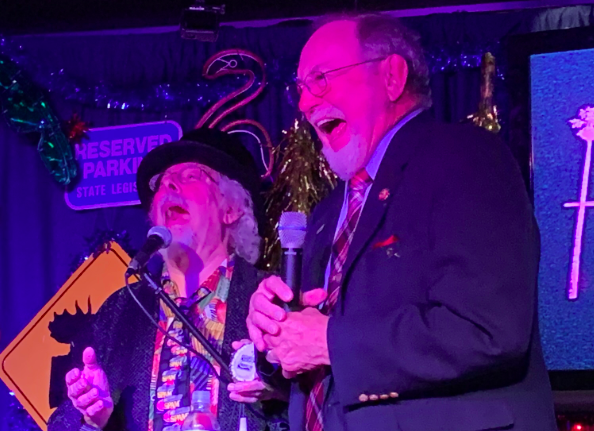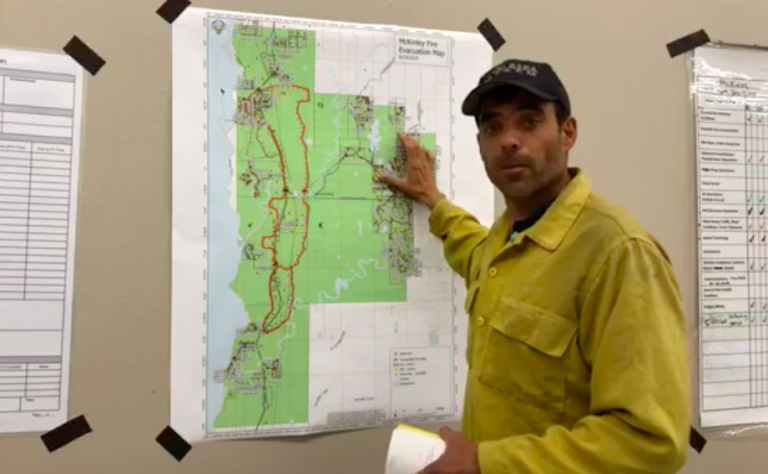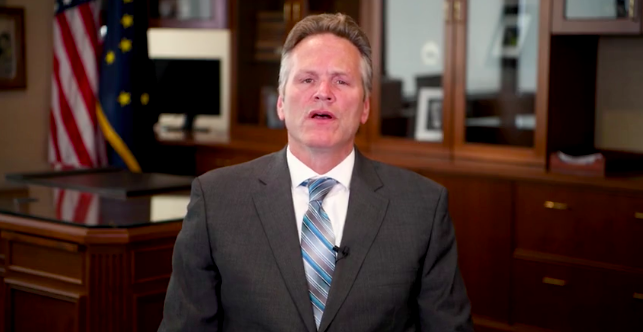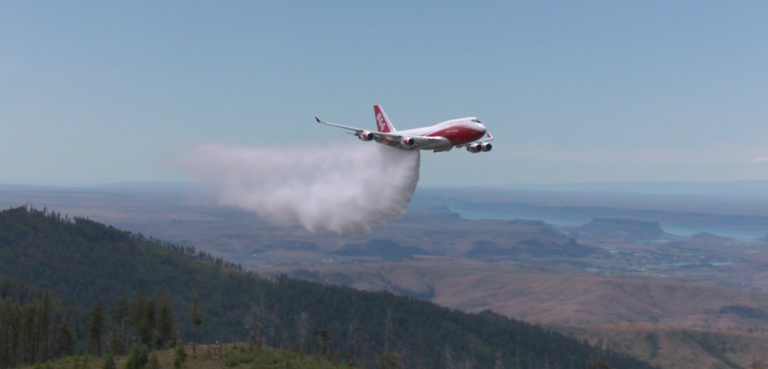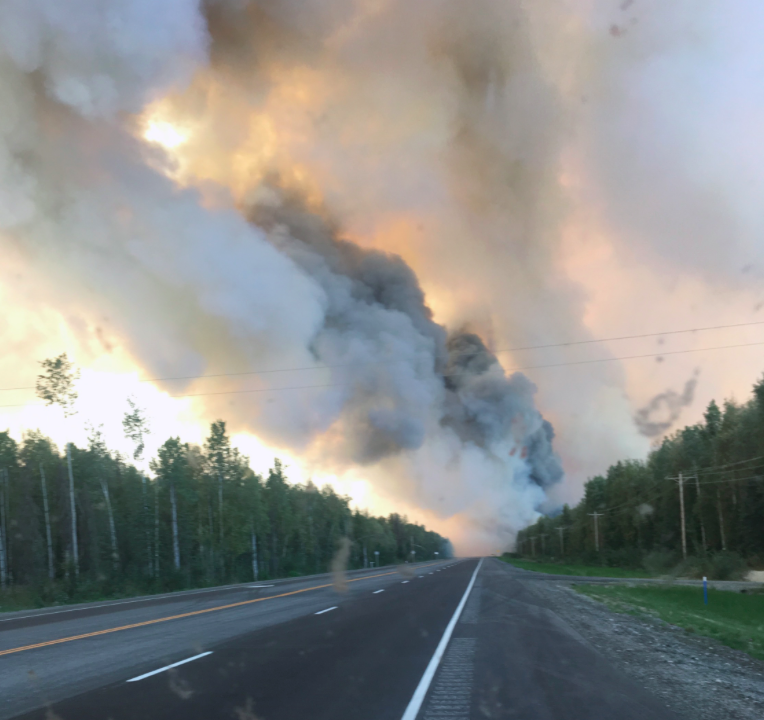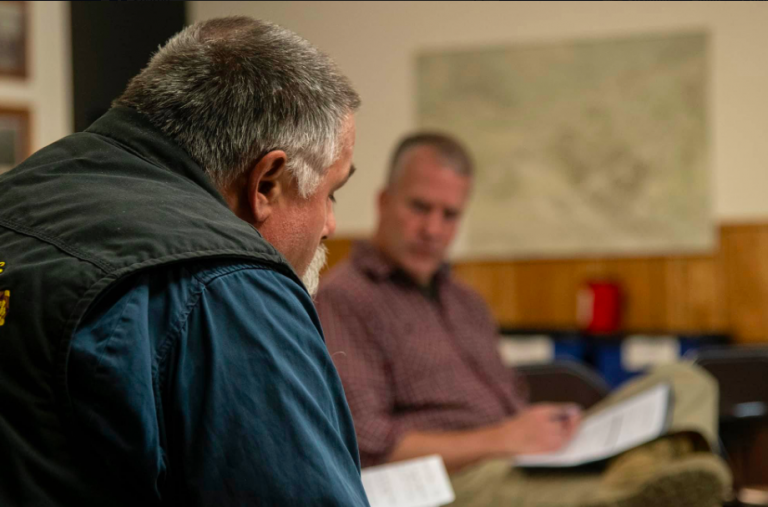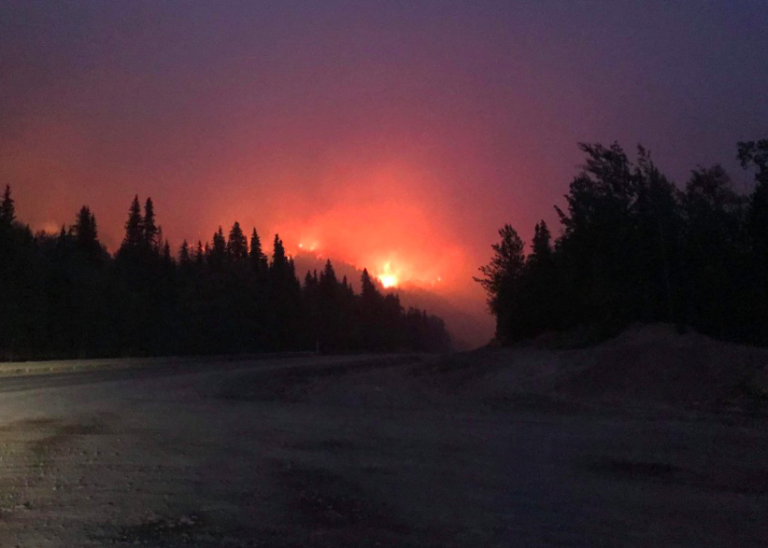STATE COUNCIL ON THE ARTS SPARED THE VETO PEN
Gov. Michael Dunleavy signed HB 2001, and in a major video address today said he will call a special session to try to get the Legislature to release the rest of Alaskans’ Permanent Fund dividend.
But for now, the dividend that arrives in early October will be $1,600. Dunleavy views it as a partial PFD.
“Fighting for the full PFD would have left Alaskans with no PFD this fall. A veto would have been a win for those who want to eliminate the PFD in its entirety,” he said.
The governor will call for another Special Session to fund the rest of the dividend, about $1,400 that is determined by statute, and a constitutional amendment to fix the payment of the dividend into the Alaska Constitution.
The payment for the rest of the PFD would come from the Earnings Reserve Account of the Permanent Fund.
“I will not let up until the full funds are appropriated for the full PFD,” he said.
The mainstream media pounced on the video, which bypassed them as interpreters of the message and went directly to Alaskans via social media.
Among items the governor chose not to veto in this round is the Alaska Council on the Arts.
Excerpt from the video address were released by the Governor’s Office:
A Difficult Conversation
“There is no doubt Alaskans got engaged, and a much needed and, at times, difficult conversation took place in the media, at the dinner table, and amongst friends and family. I believed, and still believe, that in order for this discussion to be successful and to be taken seriously, we have to show Alaskans exactly what our fiscal picture looks like and what it will take to solve it.”
We Can No Longer Pretend the Problem Will Fix Itself
“Alaskans need to understand that we can no longer afford to spend at our current rates. We can no longer afford to deplete our savings and hope for higher revenues. We must begin making the long-term changes to put ourselves on a path to a more sustainable future, and we can no longer pretend the problem will fix itself. It will take difficult decisions to get us to a sustainable budget, and I am prepared to make those difficult decisions.”
Result: Eliminated 1/3 of the Deficit, Reductions of $650 Million
“…important steps are being made to address our deficit, to right size our government and to put Alaska on a more sustainable path. Effective today, through the enactment of HB 2001, we have eliminated over 1/3 of the state’s deficit through reduction of approximately $650 million in state spending. Reforms have been initiated to make services and programs, such as Medicaid, University of Alaska, and the Alaska Marine Highway System more efficient and more sustainable.”
Multi-Year Step Down Requires Us to Rethink the Way We Provide Services
“The driver for these reductions continues to be Alaska’s current fiscal outlook, requiring all of us to rethink the way we provide services, the way we prioritize limited state resources and the way we spend state dollars moving forward. While state savings will continue to be exhausted as we move into a multi-year step down, reducing our rate of spending must be a priority for all Alaskans. More must be done in the coming months, but we as Alaskans are resilient, and I honestly believe our future remains bright.”
Budget Approach and Timing Caused Significant Angst Among Alaskans
“I understand that this budget approach and timing, being so late in the legislative year, caused significant angst among Alaskans, I really do. This was certainly not our intention. However, certain programs, programs we value, got caught in a budget discussion that went on way too long. The seriousness of the deficit, the need to begin making reforms and the length of our legislative session all contributed to the level of uncertainty we experienced the past several months. We have listened and we have learned from this past year’s budget process.”
Reduction to State Spending of 8 percent
“Overall, this year’s budget limited 1/3 of the deficit, reduced state spending by 8 percent and began the difficult process of changing the way we deploy limited state resources. The discussion that occurred ultimately helped Alaskans understand the seriousness of our challenges, forced the conversation about priorities and, in the end, helped shape this year’s budget.”
PFD: Arbitrarily Set Political Football
“Unfortunately, this process was thrown into chaos the past several years when oil prices fell. Too many in the legislature now treat the PFD as a political football, arbitrarily setting its amount rather than following the statutory formula Alaskans know and trust.


